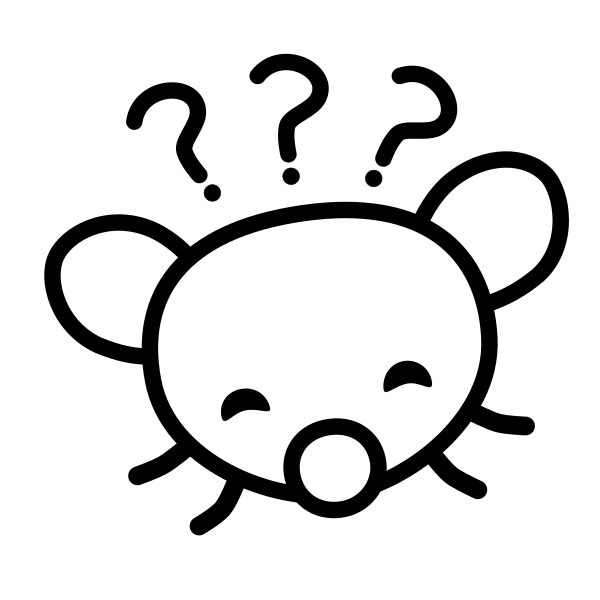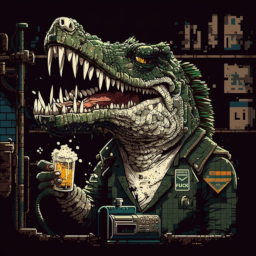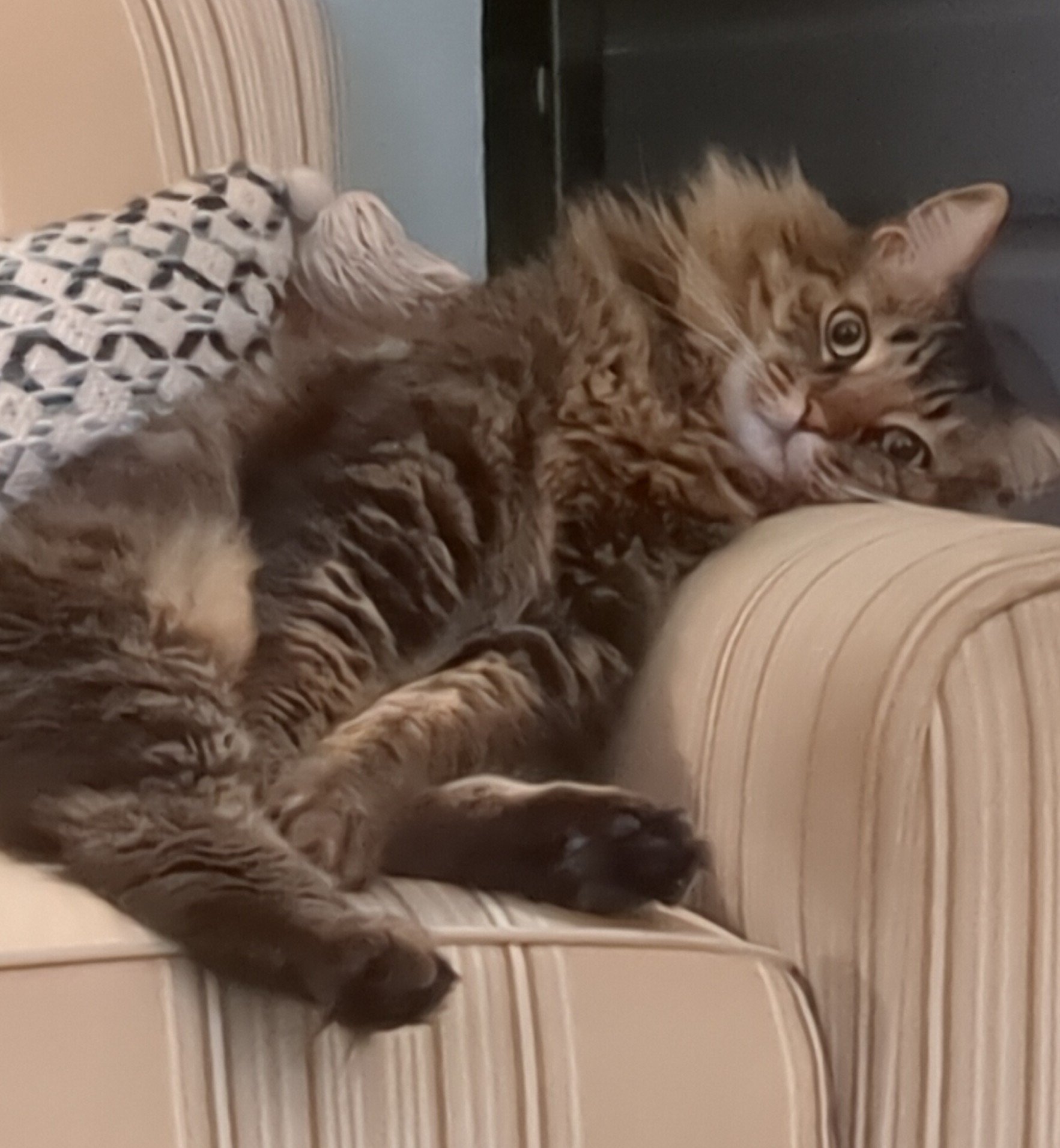Probably whether or not you give a shit about what people think.
The moment I realized the most one can gain from (pre-buyout)Twitter is the respect of other Twitter users, posting anything immediately became a chore
There are enought people who never posted something in their live and are still addicted to just browsing.
I think thats generally a good recipe for life tho.
For me, depression makes it hard to do or at least enjoy things, making most things require a lot of effort. But laying on my bed browsing my phone? Yeah, that’s easy and cheap to do mentally and physically. Not to mention the fact that anxiety brain is always looking for threats it needs to be aware of, and social media has a way of highlighting threatening things.
I do my best to avoid algorithmic social media… I can’t imagine how much stronger those pulls would be with a system that is specifically optimized to prey upon them…
Disclaimer: This is my own experience, and may not be applicable to everyone. Speak to your doctor to see if social media is right for you.
The quality of their social network and connectivity. There was a post earlier today on the the real reason for addictive behavior being the rewards mechanism in the brain. Ultimately everything on a fundamental level is brain chemistry, and brain chemistry is addictive behaviors mostly due to drugs the body produces. We follow the path of least resistance in most cases with a few exceptions where we can use long term planning to achieve a better drug hit.
For those that already established a path to stronger drugs through connectivity IRL, they are not very susceptible to such a small but regular dosage. For those with very weak connections to better drug paths, social media is like heroine. Once a path is established with momentum, even if it is terminally unsustainable, an object in motion tends to stay in motion.
Consciousness is an anomaly. We are not fully sentient in an idealized species scale philosophical sense because we can not make decisions as a species for the betterment of all and cohabitate without acting like the primal murderous predator animals we are under the masks of civility we wear in fantasy. We are still primarily just animals and subject to the law of nature; taking the path of least resistance.
You’re asking a skewed crowd.
The usual dopamine addiction.
The same factors that make people more prone to gambling addictions or gaming addictions basically.
And that’s not just me being sarcastic, social media companies literally gave their algorithms instructions which more or less guarantee that content will be presented in a way to strike those same addictive nerves as other gameified addiction traps.
Differences in unresolved trauma between those people.
Addiction is a trauma response. Trauma makes background consciousness painful. When the baseline experience of reality is painful, distraction becomes necessary for empty moments.
Well said.
Some people are unable to recognise when they have unhealthy habits and lack the ability to do something about it, even if they do notice the harm caused.
I would assume that it operates in much the same way that other forms of addiction do.
Mental illness, personality disorders, insecure attachments, trauma, social isolation and specific genetic factors are the usual suspects as far as predicting addiction go. I don’t suspect that social media addiction is much different.
Love. Plain and simple. If you have love, you have someone’s attention. Seeking attention passively or actively generally denotes a lack of love. I’m no scientist, however.
Being able to make genuine social connections in the flesh
People who got addicted to social media failed in real life and are looking for a compensation in virtual life. They are looking for a validation from equally disturbed people, creating unrealistic online personas, follow empty shells, aka influencers and think of them selves as a godsend to humanity. On the other hand, people who don’t care about social media have a full, vivid lives, interesting hobbies and a group of loyal friends.






